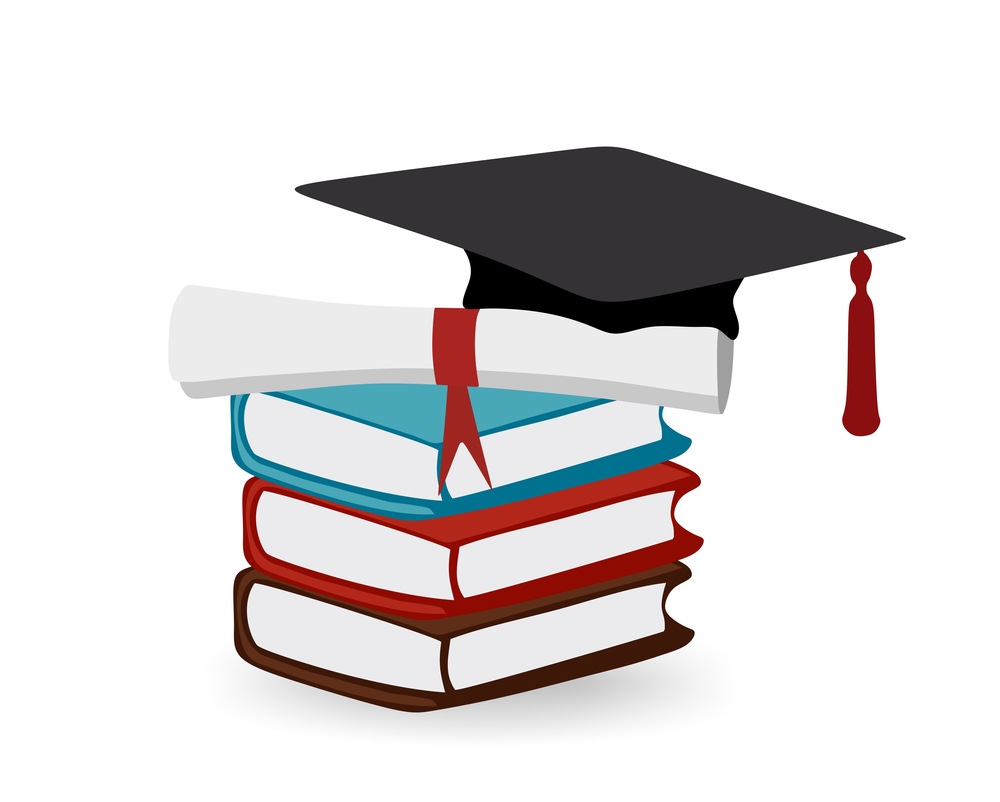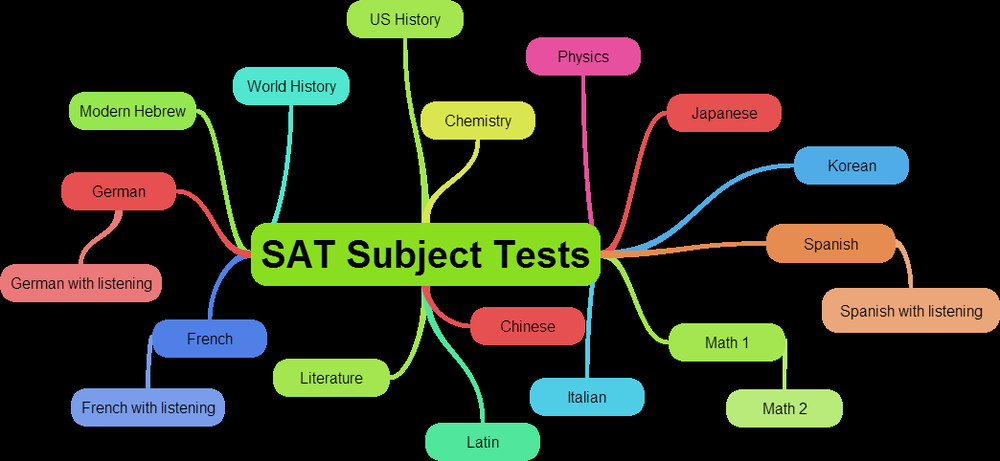The use of technical literature in foreign languages is not always convenient, especially if you need to use the material in the article. Translation agencies exist to solve such problems. But what difficulties does a specialist face when interpreting scientific texts into another language?
Types of academic work
The types of such materials are varied, for example, it may be an article published in a specialized journal. This format contains key aspects of a theory or problem. It is also the most common type of translation.

The next type is a report on the results of experiments. Such text is considered to be applied and contains specific information about research, sampling and other aspects of research.
In addition, there are monographs. A single document that brings together research on one specific issue. Unlike the previous types, it contains a large number of pages.
Then comes the dissertation – the text of the study, which includes all the details such as methods of conducting experiments, results, tables and graphs. This type of translation is necessary in case of reviewing a document by foreign experts.
And the last type of work is textbooks intended for publication in other states.
Translation features
The first thing worth noting is the lexical aspect. The specialist in this case takes into account the grammar of the original and correlates it with the language into which the interpretation is carried out. In addition, the translator must be familiar with the rules for preparing this type of work.
Next comes the terminological aspect. He plays a key role. Since an incorrect translation of concepts can change the entire semantic load of the text. There are several conditions for correct interpretation:
First, the conversion of terms from one language to another must be accurate.
Secondly, the meanings of concepts must correspond to the systems of any particular science.
Thirdly, differences in terminology for different languages and areas of knowledge are taken into account.
In addition, this type of work requires the maximum accuracy of the presentation of a foreign text, while maintaining a clear logical structure. And also impartiality, which means adapting the words of the author without your own thoughts and emotions.
Thus, translation of documents of an academic format requires a highly qualified specialist and a large volume of specific technical buildings. What makes this job challenging but fun at the same time.

